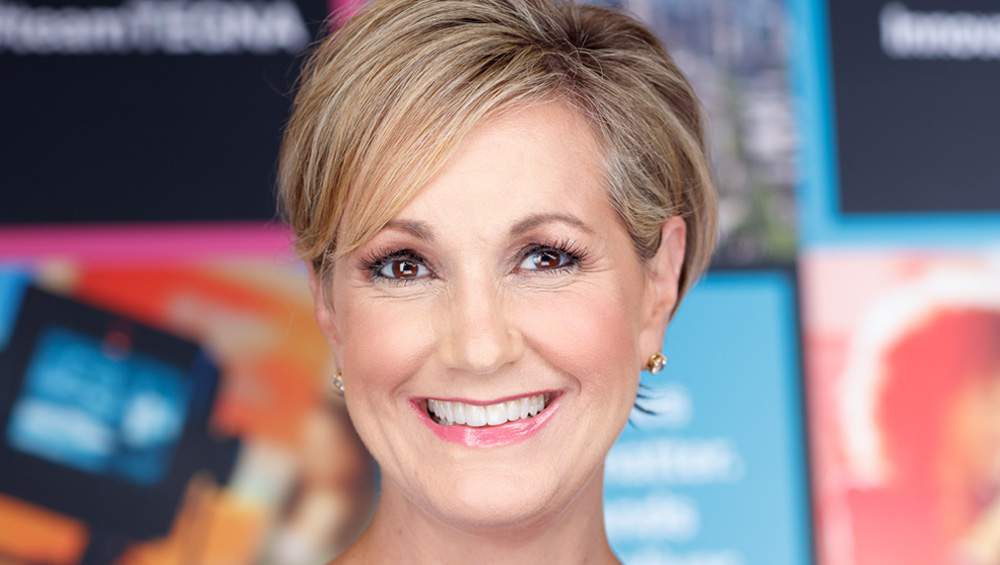
TVN Executive Session | Tegna: BLM Will Have Lasting Newsroom Impact

Black Lives Matter has prompted a seminal moment for Tegna and its efforts to be more representative of its viewing communities, says the company’s top news executive.
Ellen Crooke, VP of news, says the reckoning that protests across the U.S. compelled has hit close to home at Tegna. “Racial equality in our newsrooms and in news leadership is not going to happen organically,” she says, pledging to improve diversification efforts, starting with news leadership.
In an interview with TVNewsCheck Editor Michael Depp, Crooke also looks to some of the pandemic’s lasting impacts on local TV news, from virtual interviews becoming a permanent convention to shifting focus off the crime blotter and toward more pressing viewer concerns. She says Tegna’s Verify fact-checking enterprise has seen “exponential” growth in the months since COVID-19’s onset and that down ballot races will be a crucial focus for local newsroom during Election 2020.
An edited transcript.
In response to Black Lives Matter protests across the country, Tegna has facilitated a number of segments about race and racism along with what comes next at many of its stations. How has this moment overall led to any reexaminations of race and how it is framed within your news organization?
It has been an historic moment for news when you take COVID-19 and the protests in the Black Lives Matter movement for racial equality. I believe the latter is the story that will change our world and have the greatest impact. Our coverage of that is so important. There is the covering of the demonstrations, but we believe that was a moment in time. We’re focusing on getting beyond the protests to engage in deep work in our newsrooms to get to an understanding of why the protests happened.
Every station makes their own decision in how they are going to go about it. It is unbelievable what work is being done in the field such as at WWL in New Orleans with their special series of reports on “the talk,” which is about the talk that Black parents have to have with their children. It is one of the most profound pieces of local journalism I have seen. There are so many more.
The Black Lives Matter movement ignited clarity about racial inequality for the whole world, and it certainly did for Tegna, too. The most important thing that we realize internally is that racial equality in our newsrooms and in news leadership is not going to happen organically. Racial diversity and inclusion have always been one of our core values, but we haven’t been intentional enough. We have been discussing how we are going to move towards greater representation of the people that we serve in our communities and how we create a lasting education for our journalists about how race and people of color are covered and how we can do better at that. It starts with having more diversity in our news leadership.
With no end in sight to the pandemic, we are still in for the long haul on remote production. What elements of that way of working may Tegna hold on to even when the pandemic ends?
There are so many elements of it. We had two issues: employee safety and to continue to provide ongoing coverage on all platforms so that we didn’t miss a beat. Within days, we had anchors, weather people, producers and editors all working remotely. If someone had come to us before the pandemic and said we are going to turn 80%-95% of your operation remotely, that might have taken a year to plan out. That nimbleness is something that will stay with us. We are going to be stronger in breaking news and our ability to move to bring information to our community no matter what the situation or where our journalists stand.
We were one of the first to have a strict policy for our photojournalists and reporters of no in-person interviews. All of our interviews were done via Zoom, Skype or Facetime, and if there was a rare occasion that a news director approved an in-person interview, it was done outside and at least six feet away. That opened up our ability to talk to more people, to make sure we had more voices in all of our stories. We weren’t confined by who we could get to in 20 minutes or less. That will stick with us.
The other big thing that will stay with us content-wise is working on combating disinformation and misinformation. Our mission is to seek the truth, but we are also responsible for stopping the spread of false information. Several years ago, we launched Verify, a fact-checking initiative that originated at one of our innovation summits. Viewers are able to send in a story or something that they heard, and because local journalists are the most trusted source of news, they [help determine if] it is true or not. We have seen huge growth in Verify over the past few months. We have a national team Verify team made up of a reporter, editor and five fact checkers around the country, so along with the local Verify stories, this team will do those that can be shared across the whole company. Since the pandemic, it has grown exponentially.
Tegna was the first major station group to announce pay cuts and furloughs in early April because of the pandemic. Do you anticipate those continuing or expanding to include any layoffs in your news organization?
It is beyond my jurisdiction to discuss decisions regarding that, but our CEO said that furloughs were done early on to protect jobs in our company, equally, across the board. We heard from a lot of employees that were glad to do it this way [because] we were saving jobs in the long run. At this point, no one has lost their job at Tegna because of the pandemic. It is not my place to say what will happen in the future.
With the election now moving into high gear amid the pandemic, how are you adjusting your coverage strategies in light of the coronavirus?
Our local newsrooms in some ways cover the presidential race, but it really is about the 435 House seats, 22 Senate seats, the 11 governors that are up for grabs — those are the ones that our newsrooms are focusing on and have the most power to change or improve a voter’s life. That has really not been affected by COVID. We have stations holding debates. KVUE in Austin held runoff debates that were shared all across Texas. Those type of debates look a lot different when we have people remotely and they are not in the studio. But with these debates and discussions with our candidates, we can get more input from our audience and voters as to what they are interested in.
Viewership in local news is up everywhere on all platforms, and so our political coverage in local elections is being viewed more than ever before. The Republican convention in Jacksonville was pretty much canceled. It was supposed to be in Charlotte and then Jacksonville, and those are our two stations, so that has changed. It allows them to focus more on local elections.
In addition to potentially hosting town halls and debates, local television has an important opportunity during this pandemic election to share with viewers some vital information about where and how to vote. We have more consolidated polling stations along with sharing mail-in voting information. What do you see as Tegna’s role there?
Every station makes their own decisions. We are working on get-out-to-vote messages that would go across all of our stations. It is not taking any political side, just the importance of each individual vote. Voter suppression or inability for everyone to cast their vote is something being covered by all stations across the board locally, where that is a huge issue. Local journalists are the most important communicators of why it is important to vote, what races in their communities are important, who those candidates are and making sure that everyone has the ability and the right to vote. Communicating all of that is one of the most important things that our newsrooms are doing right now.
How do you see Tegna’s coverage of the pandemic evolving with its longevity in mind?
In the beginning, our mission was facts, not fear. It was putting things in perspective so that people would trust us. As time went on, the disinformation around it was so important. Our visitors to Verify in March through June were 9.4 million, up 77% from the months before it. Video plays were up 335% from the four months before. We saw a huge change from the beginning of the pandemic to now of people wanting to have things fact checked. You could see that their trust in news reports was changing.
The other thing that really changed was something like 90% of Americans were closely watching the COVID-19 numbers in their market. People want to know the percentage up, percentage down. How does that compare to hospitalizations? Are deaths up or down? We tried to respond to that with the ability for each one of our stations to make graphs that can immediately go on television or on social media [with] the latest information from their county or state. Those numbers are [presented] in context. We have a hired a fulltime person during this pandemic just to analyze numbers in every single one of our markets to help give backup to our stations.
Our stations have had to create data champions to be able to really take a look at it. So that is a huge change that has happened from the beginning of this: our responsibility in making sure those numbers are accurate, that we are holding politicians accountable when they are talking about the numbers and that we are putting those numbers in context so that people can trust them.
So you are ramping up your data visualizations. It sounds like you are centralizing a bit of that, too?
We centralized working on a format that every station could use because one of the issues with these numbers is there is no uniform way to report them. Every county and state is releasing them in different ways. Our team in Denver does graphics and data visualizations for the whole company and created a system so that every individual station — 62 stations, 51 markets and 49 newsrooms at Tegna — could create their own graphics within minutes.
It has been such a profoundly stressful transformative period for local TV news. From your vantage point, where are you starting to see how it may be permanently reshaped by what is happening now?
Both the pandemic and the movement for racial equality across our country have had a profound and lasting impact on the content in Tegna. First and foremost, our goal at Tegna will be to have more diversity in our news leadership and people who are making decisions that is more representative of the people in the communities that we serve. We are committed to making that lasting change.
We are listening and talking to our audience more, and there has been a shift from what has traditionally been what local news [is] about toward what our audience needs. We are more in tune with them. There are more tools now in place where our audience can speak to us directly and ask questions.
Journalists have been notorious for dealing with a lot of stress as a badge of honor. We don’t talk about it. We are tough. We push through. It is what we signed up for. Because of the unprecedented stress that our employees have been under, we as a company are more in tune to the mental health and well-being of our journalists than we ever have been before.
We have had sessions to help our news leaders deal with the stress. We have offered free sessions for our employees and their families, and I see this across the industry. We are acknowledging it and working with that, and it will make us all better journalists and better able to serve our communities.





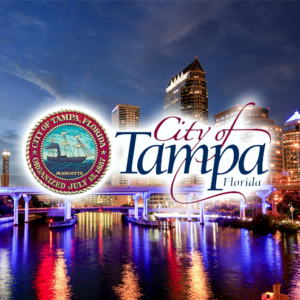

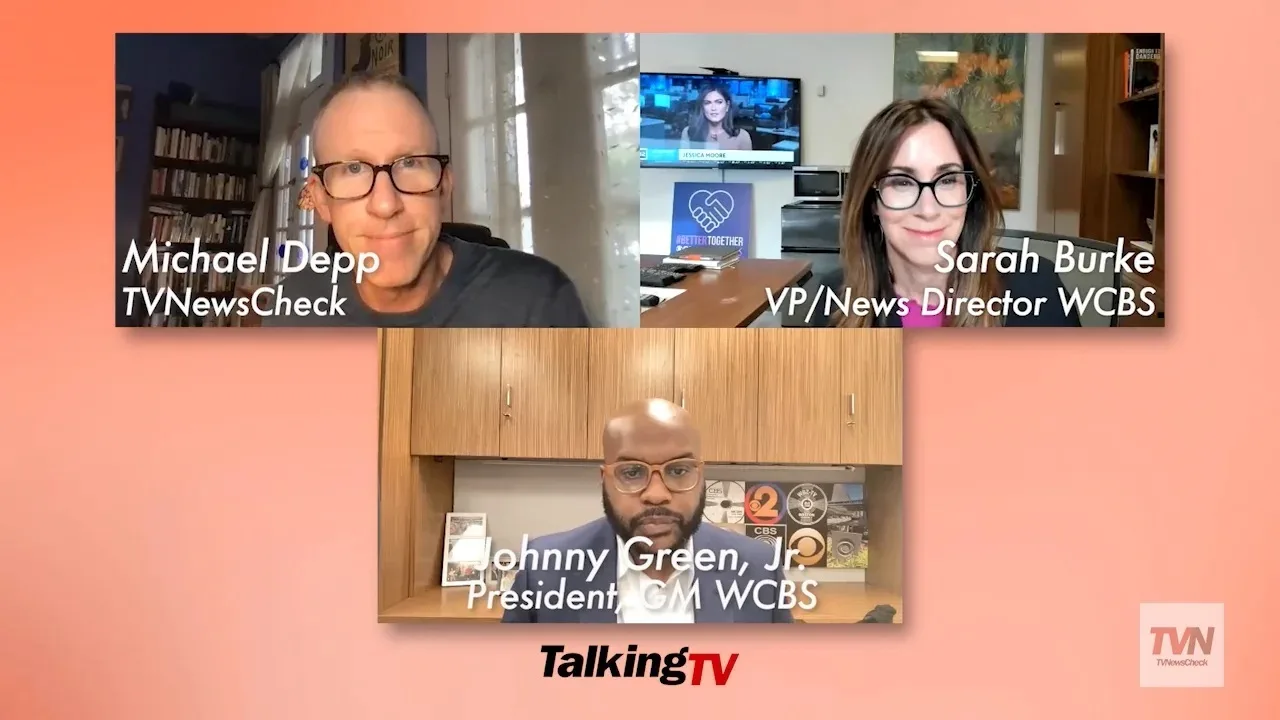
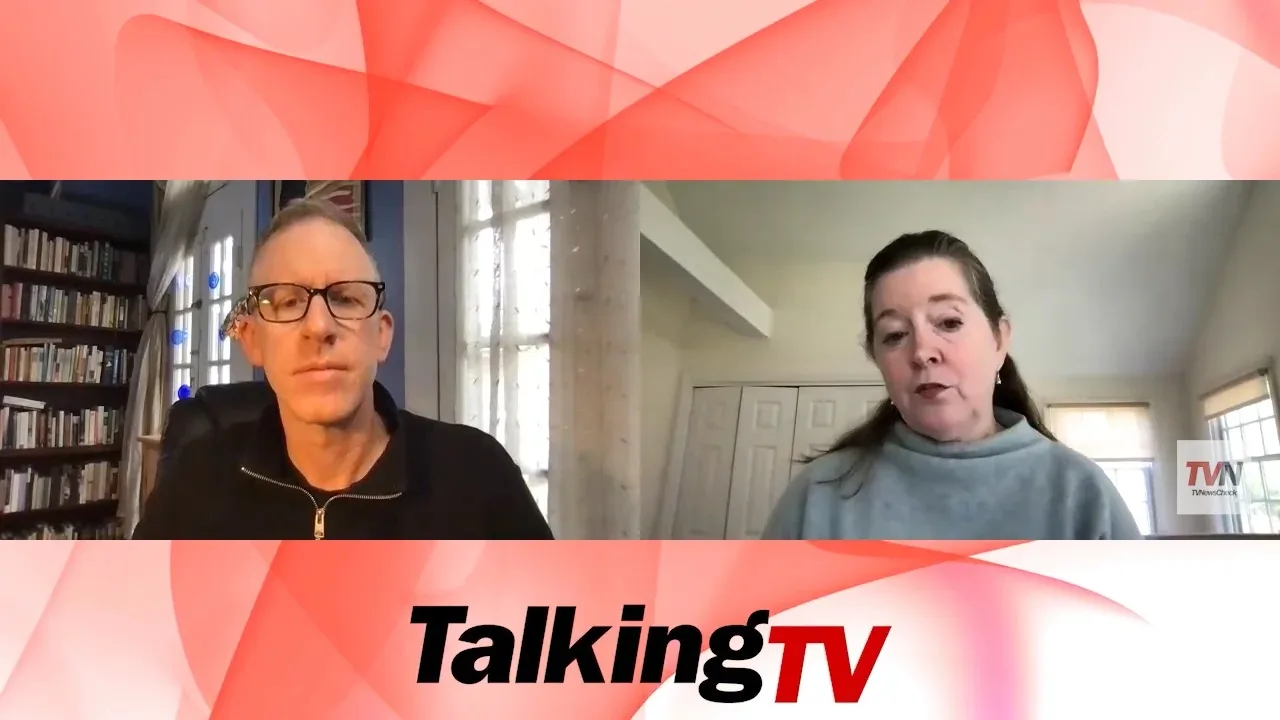


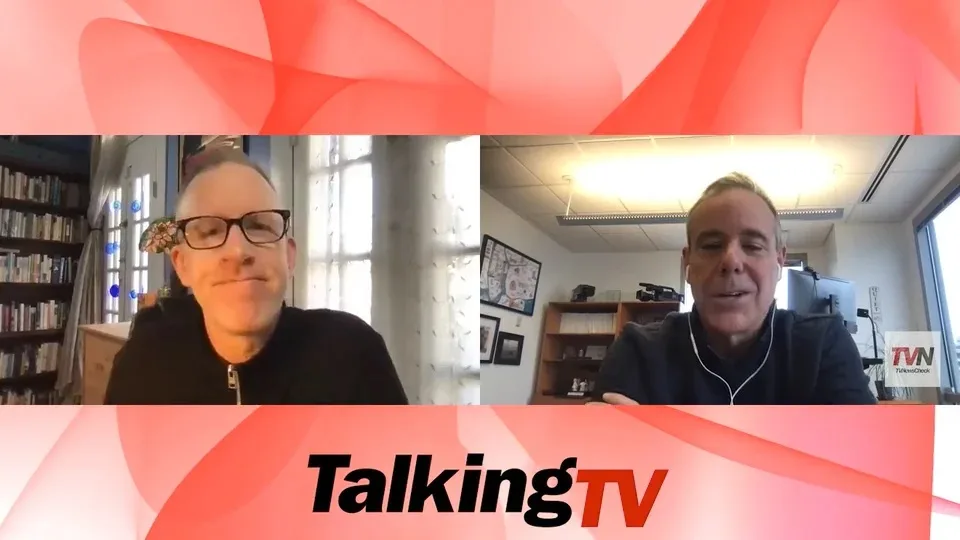

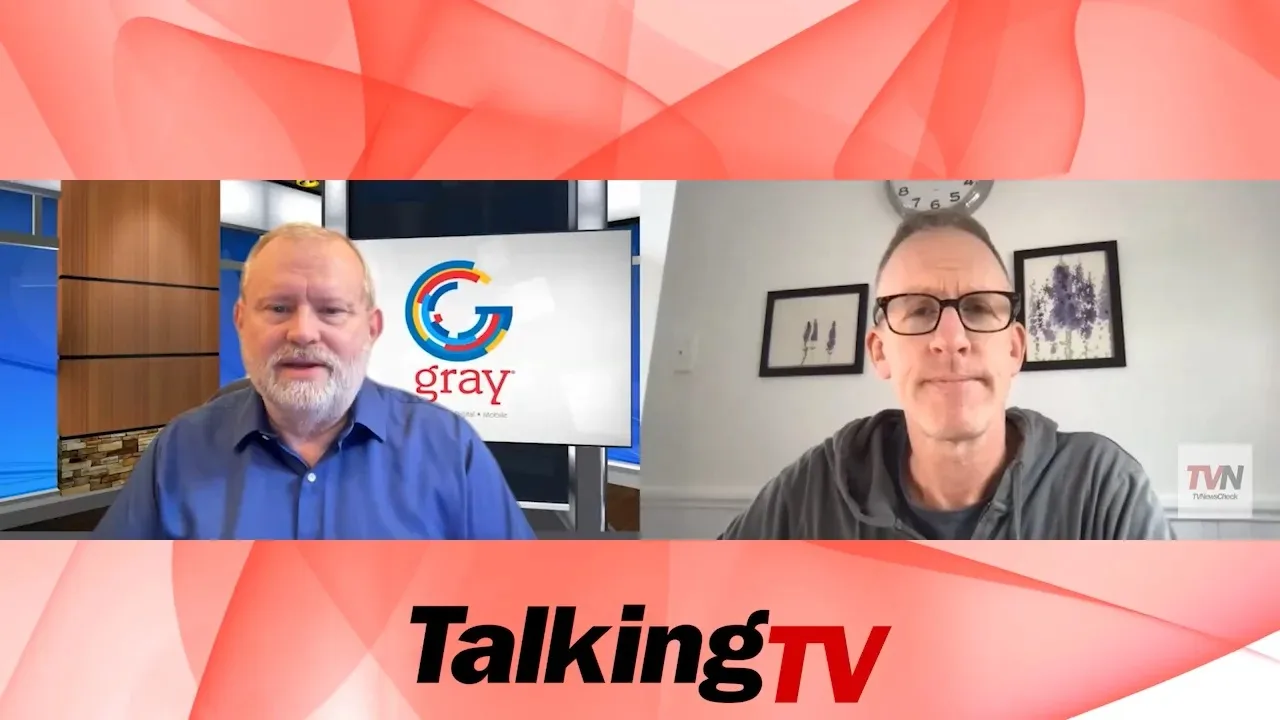

















Comments (4)
Hopeyoumakeit says:
August 3, 2020 at 9:46 am
The biggest obstacle to Black Americans advancement in TV station management always been the re-classification of white women as minorities. I came from sales and I had a white Director of Sales actually brag in a sales meeting about how diverse his all white management team was because it was 50-60% women. I was also told that I was being placed a rookie manager’s teams specifically because of my experience, and expertise? I was expect to help train my new boss, who was in elementary school when I started working at the station ?
Newshound says:
August 3, 2020 at 11:12 am
Ellen Crooke should not be talking about Tegna’s diversity effort. It doesn’t exist. I don’t hold her responsible for Tegna’s entirely white corporate management but as VP of news, how does she explain almost every white news director she’s hired, even in cities with big minority populations? You’re right Ellen, diversity at Tegna won’t happen organically – YOU need to make it happen. You haven’t. Stop talking and do better.
2018bstyrevr says:
August 4, 2020 at 7:39 am
An appropriate name for someone running a news department…
2018bstyrevr says:
August 5, 2020 at 7:25 am
This country will be successful again when the best person …most qualified person gets the job despite race ,color or creed!! Wake up !!!!